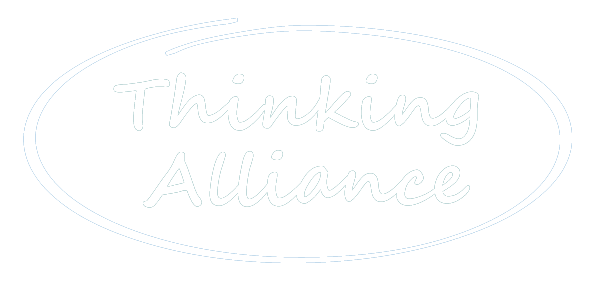10 Sep An A-Z of change: H is for Habits
Habits free up our minds for higher thoughts. They organise much of what we do into sub-conscious routines, so that we can focus our attention on what’s novel, interesting or necessary in any given moment. In doing so, habits anchor our current behaviours and beliefs.
But what if you want to do, or be, something different? What if you want to improve your relationship with your team? Or write a book? Or make more time to do things outside work? Just setting a goal isn’t enough. You need to make small changes every day, and that means changing some of your habits. Otherwise, as Henry Ford said, “If you do what you’ve always done, you’ll get what you always got”.
The first step to successfully changing a habit is to become more aware of it. There are two types of habit to look out for.
First, habitual actions. These include things like your daily routine for starting work – log in, make coffee, check emails and so on. You can get a long way with some tiny tweaks to these. For example, if you want to be more productive in your day, getting into the habit of writing down the three most important things to achieve that day before you open your emails can work wonders.
The other sort of habits are those of thought and belief. These are harder to notice and harder to change. But it is by addressing these habits that you will have the greatest success. These are the thoughts like “I’m no good at sales…” that habitually come to mind as you face particular situations. If you can replace the thought with something positive, like “Here’s an opportunity to improve my sales technique…” you can change your whole approach to the situation.
The next step is to change the habit. Just like hauling a heavy anchor out of the water, it can be hard work, and it’s an effort to keep from slipping back. You’ll find plenty of internet advice about how to change habits effectively. Some of the tips I’ve found most successful are:
- linking your new habit to an existing good habit. For example, I got into the habit of flossing simply by putting the floss container right next to my toothbrush.
- increasing accountability by telling someone else about your habit. When I decided to get into the habit of giving more positive feedback to my team, I asked a trusted colleague to let me know how I was doing.
- using apps or your diary to build up a habit ‘streak’. Knowing you’ve done 16 days on the trot helps encourage you to do the 17th.
When you’re changing a habit, it can feel like you’re going into uncharted waters. So, for example, recently ex-smokers often say they don’t know what to do with their hands. You may need to experiment with different prompts and actions or thoughts before you find a new way of doing things that feels ‘right’.
“We are what we repeatedly do. Excellence, then, is not an act, but a habit.” Aristotle
Finally, if you can persist and keep re-starting when you slip, you’ll realise that you’ve built up a new habit. In turn, that helps to anchor you in a new place, closer to the change you desire.

